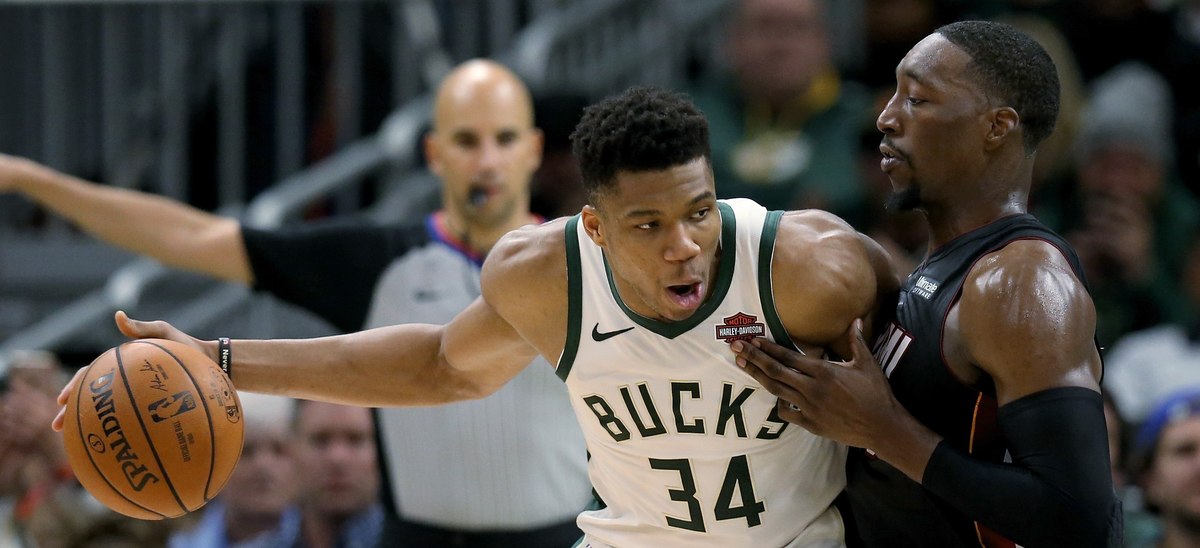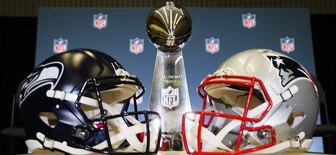The Milwaukee Bucks, of the National Basketball Association (NBA), chose not to play their scheduled playoff game against the Orlando Magic on Wednesday to protest police violence against Black Americans. This is a historic move—one which the NBA has not seen since the early 1960s, when the Boston Celtics and St. Louis Hawks declined to play a game in Kentucky after being refused service at their hotel’s coffee shop due to their race.
The Bucks’ decision came in response to a police officer shooting Jacob Blake in Kenosha, Wisconsin. Kenosha is a few miles south of Milwaukee, where the Bucks play. Many Americans view violence by police against Black Americans as an important issue in the United States, and this has inspired Black Lives Matter protests around the country in recent months.
The Bucks stayed in the locker room, spoke with Wisconsin elected officials on the phone, and later called for the state legislature to reconvene and pass meaningful legislation addressing police violence. Other NBA teams joined the Bucks in their strike on Wednesday, as did teams from the Women’s National Basketball Association (WNBA), Major League Soccer (MLS), and Major League Baseball (MLB).
Americans support this strike: 57 percent support and 28 percent oppose. The most common response, at nearly half (45%), is strongly supporting this strike.
Support does not vary across region, gender, age and income. Support does differ across political identification, however. Most Democrats (82%) and independents (54%) support the strike, while a majority of Republicans (64%) oppose it.
We then asked respondents how much they support professional athletes publicly expressing their opinions in general. Given the salience of the current protests, we saw virtually the same results on this more broadly worded question.
Methodology: YouGov asked 7,425 US adults in a Daily Agenda poll: “Yesterday, the Milwaukee Bucks and five other basketball teams decided to not play their scheduled NBA playoff games in protest of police shooting Jacob Blake, a Black man from Wisconsin, earlier this week. Do you support or oppose this decision?” and then “Generally speaking, do you support or oppose professional athletes publicly expressing their political opinions?” Data were weighted on age, education, gender, race, and Census region to be nationally representative of adults in the United States.
Image: Getty











